Angela Young explains how the process of making a podcast helped not only others with a diagnosed brain tumour but gave comfort and support to herself as she embarked on a course of radiotherapy.
A brain tumour diagnosis, like all major events, can set in place a chain of emotions, among them anger, fear and denial. It can also make you adjust your priorities in life. I went through all this in 2015 when I discovered I had a Grade 1 benign posterior fossa meningioma. A resection at Addenbrooke’s Hospital in Cambridge was very successful, leaving only a 3mm residuum.
I had been having regular follow up scans, and in 2019, it was thought the growth was significant enough to consider radiotherapy. After the initial shock, I realised that, if successful, it would prevent the cells from growing again and remove the need for annual scans with the associated “scanxiety”. My decision to go ahead now rather than wait for symptoms to appear was influenced by the consultant radiologist Dr Sarah Jefferies who said the benefit of doing so now was that I was “young and fit”, a nice thing to hear at the age of 59.
As a journalist and podcast maker, I am used to getting to grips with a variety of subjects quickly in order to explain them to others. It dawned on me that if I could tell the story of my own treatment, it would give me a sense of control over a process in which one can easily feel helpless. It might also provide information and some light relief to other people going through something similar and their families. The radiotherapy process would be the same for people undergoing treatment for a variety of conditions, not just brain tumours, and so creating a podcast on this topic could reach and potentially help a large audience.
I am very optimistic by nature and I like to see the funny side of things. I believe that if you look closely, you can find humour in most situations. Consequently, I decided the title of the podcast should be “A Sense of Tumour”. I started recording everything that happened, whether by phone call (I had got all the kit I needed for doing this when lockdown started) or recording my own commentary during appointments and tests and arranging interviews, either face to face (with masks on) or via an audio recording platform.
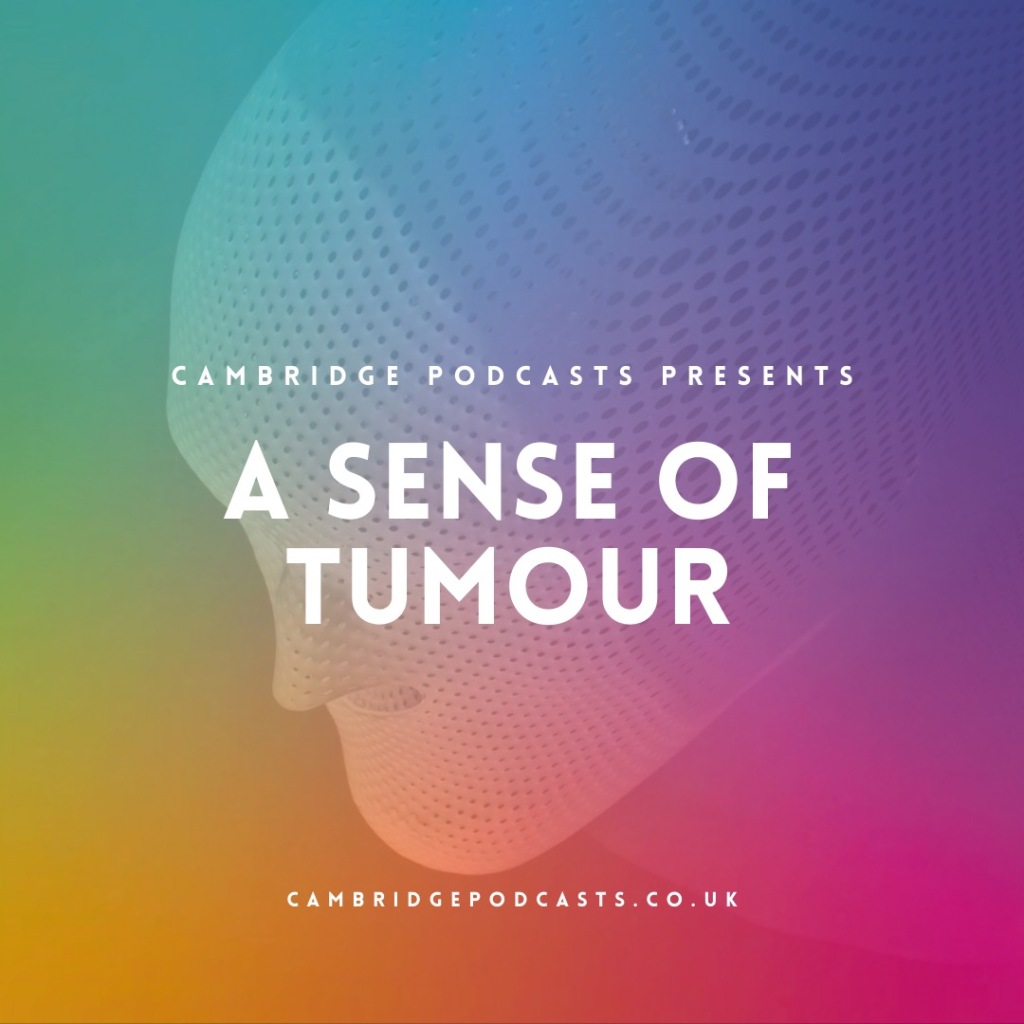
People find podcasts in a variety of ways. One of those is to have a well-known personality or influencer or support group post about them. It helps if you can interview a celebrity or two who will do this. When I asked Victoria Derbyshire (via a mutual friend) if she would talk to me about documenting her very public battle against breast cancer, I had no idea she would later be taking part in the TV programme “I’m A Celebrity, Get Me Out Of Here!”. Victoria appeared in Episode 1 and set the interview bar quite high. Luckily, the Brain Tumour Charity had come on board by this stage and offered to put me in touch with TV presenter Nicki Chapman, who had had a matching meningioma to mine removed last year. She readily agreed to be interviewed and candidly shared the highs and lows she experienced when going through treatment herself. For the final episode, I thought I would chance my luck and ask to speak to Tony Iommi, lead guitarist and song writer with Black Sabbath. He had had radiotherapy a few years ago and embraced some alternative therapies which I wanted to hear about. To my delight, he was more than willing to talk.
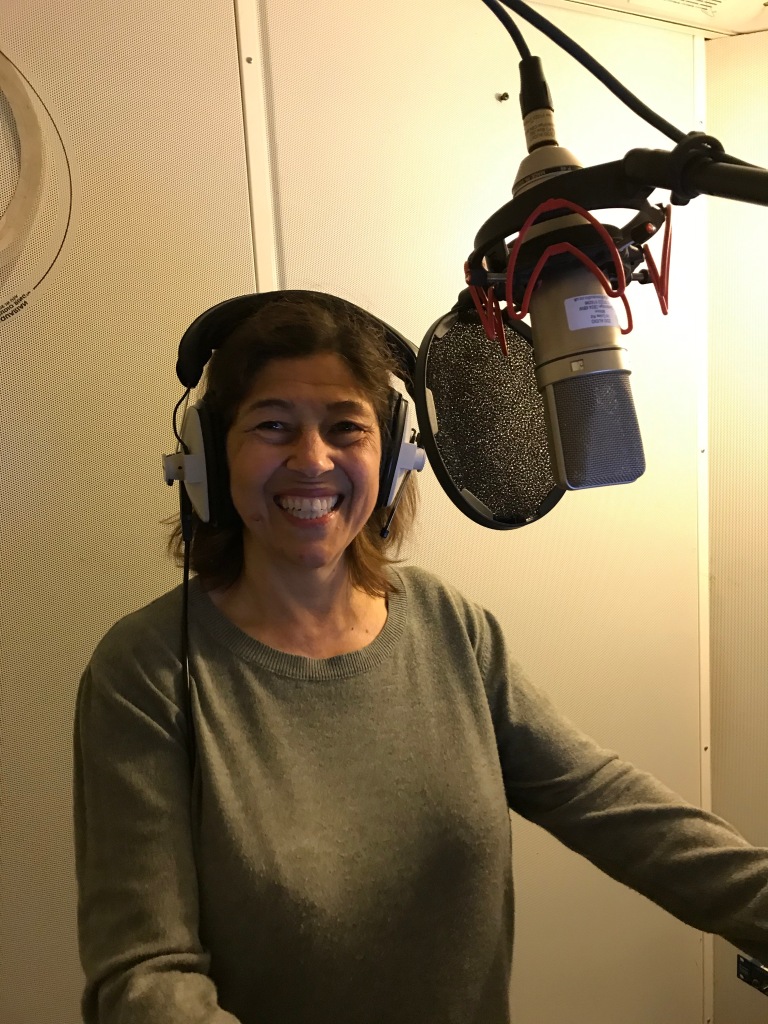
The series was meant to inform as well as entertain so I spoke to the medical professionals whom I was meeting and also those at the cutting edge of research into treatment. I interviewed the Chair of Cancer Research UK, Sir Leszek Borysiewicz, about funding for brain tumours. I also had conversations with the “Distinguished Scientist” from Elekta, one of the companies which makes the linear accelerator machine (not a bad job title!) and to many people from the team at Addenbrooke’s, including a medical physicist and a research radiographer. I learned a lot and I hoped that sharing these conversations would also help listeners to understand some of the more complicated parts of the treatment and process more easily.
Bringing the podcast’s listeners on my journey was supposed to feel personal too. I recorded as much as I could at every stage, including the baseline neurological assessment. This is an IQ-style test carried out before the start of a course of radiotherapy to the brain so that if there is any concern about future cognitive function, there is a baseline against which to compare it. One part of the test included listing as many words as possible beginning with the letter F; you can imagine what came to mind! When that episode was released, listeners I came across would shout out words beginning with F to me.

All the way through the treatment I was thinking how I would represent things aurally, such as the MRI machine. These make a variety of loud noises but would wreck any recording device in the vicinity. When I managed to open my eyes under the thermoplastic mask which holds the head in place on the linear accelerator, part of the machine going over me looked like a spaceship. Friends and family had each contributed a song for my radiotherapy playlist; that day the song was Mr Blue Sky and it had got to the instrumental part, which made me think of a science fiction movie. I was working out how to recreate the impression for the podcast. Thinking about this during the session took my mind off what was going on.
By the time you read this, I will have finished the treatment and will be waiting for a scan to see how successful it has been. I am, of course, hoping for the best. I would also like to think that the podcast series has been useful to patients and their families, to radiotherapists, to manufacturers and anyone else involved in this fascinating process. I also hope that it inspires anyone looking for a positive and creative way of dealing with a diagnosis of any kind to take control of what they can, focus on something meaningful and use their good days to bring strength to others. After all, positivity radiates.
Listen to “A Sense of Tumour” here
About Angela Young
Angela Young founded Cambridge Podcasts in 2018 to help clients showcase their expertise and establish themselves as the go-to person in their field. She is a former BBC radio journalist who has worked as a reporter, producer, news reader and news editor. She has taught law and journalism at the BBC and media handling at the prestigious Institute for Management Development in Lausanne. She studied law at Cambridge as a mature student and has lived in the city for 28 years. www.cambridgepodcasts.co.uk info@cambridgepodcasts.co.uk
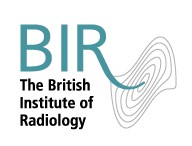
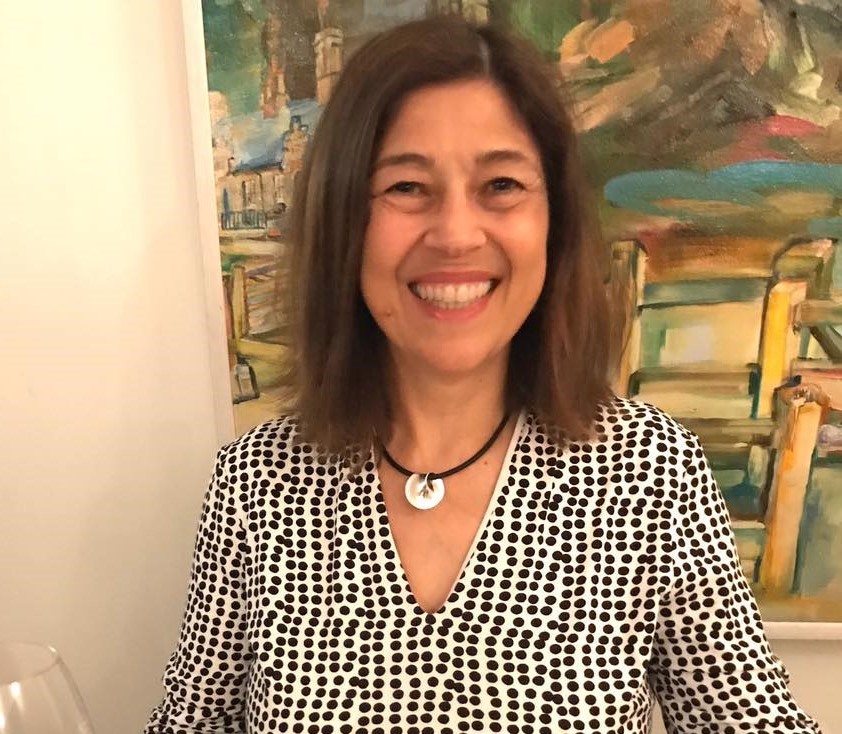
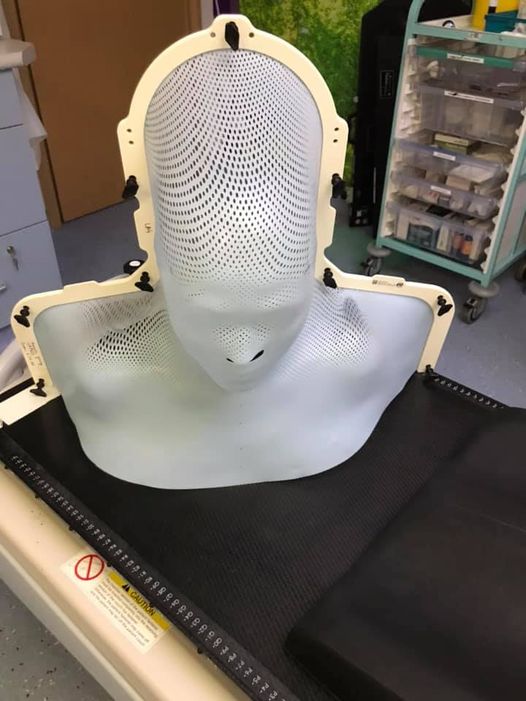
Hi Angela, I have seen posts about your podcast by Piers on our intranet at the Brain Tumour Charity. I work in the policy team and will start listening to your podcast from now on. Looking forward to it!